The birth of nautical clocks was one of the greatest achievements of the 18th century. It was the lifework of John Harrison, consuming 31 years of persistent trial and error until finally, an accurate and functional marine chronometer came into fruition.
Nautical clocks can provide precise time as well as ascertain the longitude via celestial navigation which is highly needed over long sea voyages and survive the pitching and rolling of the ship.
But by the advent of the GPS (global positioning system) and satellite-based time synchronization systems, nautical clocks slowed down in its production.
As such, nautical clocks nowadays, pertains to a theme of sea and ship related designed timepieces rather than to a precise marine instrument.
What is a nautical clock?
Nautical clocks, marine clocks, or marine chronometers are mechanical timepieces precise enough to be used as a portable time standard. All of which pertains to the first definite instrument that can regulate the distance between two locations.
This precision timepiece can determine and keep track of time despite the demure of tide, changes in temperature and pressure, making it essential equipment to any mariner during distant and timely sea travels.
Nautical clocks are also known by the terms ship clocks, sea clocks, boat clocks, sailboat clocks, fishing boat clocks, and time and tide clocks. All of which pertains to an accurate time teller that has met the requirements for accuracy in changing sea conditions.
How nautical clock works?
Nautical clocks are constructed to function superbly even when turned upside down or while it’s being moved and tossed around during the worst sea storms. It encompasses a maintaining power that keeps it working without being regularly wound.
They are driven by a coiled spring; replacing the charge of the pendulum thus it needs not a steady flat surface to tell precise time and will loose only a few seconds in a month.
So as to resist temperature and humidity changes, antique nautical clocks were made from brass parts and required no oiling.
Nautical clocks designs
As was mentioned, marine chronometers’ demand declined due to the GPS’s and other related technologies that specialize in sea travels.
Today, the term “nautical clock” confers to a design and style that’s meant to materialize marine fixtures rather than to a level of time keeping precision. Nautical clocks are now characterized by representations of sea, ship, and other symbols of marine voyages. They have now joined the mainstream of many other timepieces in the collectible clock market and are no longer exclusive for the use of mariners and ship captains.
Marine clocks can either be made or presented to be wall clocks or as mantel clocks creating a varied selection complete with all different styles, design, and materials.
And because they are irresistible pieces, interesting figures are now incorporated into table nautical clocks, taking the form of lighthouses, sailboats, anchors, and many others.
More popular designs of nautical clocks include the forms of ship steering wheels, propellers, anchors, old fashioned compasses, and lifesavers. They come in various materials such as brass, wood, stone, plastic, and stainless steel.
Our antique clock classified ads hold numerous antique clocks for sale, one that presents a selection of high quality and elegantly styled ship clocks for you to choose from.
Clock aficionados, who love the sea and anything that is associated with it, will definitely enjoy the breezy charm of marine clocks to grace their homes.
Here are some key characteristics and types of nautical clocks
Durability and Weather Resistance: Nautical clocks are constructed to be highly durable and resistant to the harsh conditions at sea. They are typically made from materials that can withstand exposure to saltwater and extreme weather.
Accuracy and Reliability: Precision timekeeping is crucial for navigation and maritime operations. Nautical clocks are known for their accuracy and reliability, often featuring high-quality movements that can withstand the motion of the sea.
Specialized Movements: Many nautical clocks utilize specialized movements that are designed to minimize the impact of ship motion on timekeeping. For example, gimbal-mounted movements allow the clock to stay level even as the ship rolls and pitches.
Design Features: Nautical clocks often have distinctive design elements that reflect their maritime heritage. They may feature brass or stainless steel cases, porthole-style bezels, and clear, easy-to-read dials with Arabic numerals or nautical symbols.
Variety of Types
- Chronometers: Nautical chronometers are highly accurate timekeepers used for celestial navigation. They are designed to keep precise time, which is essential for determining a ship’s position at sea.
- Quartz Nautical Clocks: Many modern nautical clocks use quartz movements for accuracy and ease of maintenance. They may feature second hands for precise time measurements.
- Barometers and Hygrometers: Some nautical clocks are combined with barometers and hygrometers to provide additional weather and environmental information to sailors and navigators.
- Tide Clocks: Tide clocks are designed to track the ebb and flow of tides, aiding sailors in navigation and anchoring decisions.
Decorative and Collectible: Nautical clocks are not only functional but also appreciated for their decorative value. They are often used as decorative pieces in maritime-themed interiors and are popular among collectors of nautical memorabilia.
Maritime Tradition: Nautical clocks have a long history in maritime tradition. They were crucial instruments for navigators, captains, and sailors in determining their position and timekeeping during sea voyages.
Modern Applications: While traditional nautical clocks are still used in some maritime settings, modern navigation relies heavily on electronic instruments. However, nautical clocks remain popular as decorative pieces on ships, in maritime museums, and among collectors who appreciate their historical and aesthetic value.


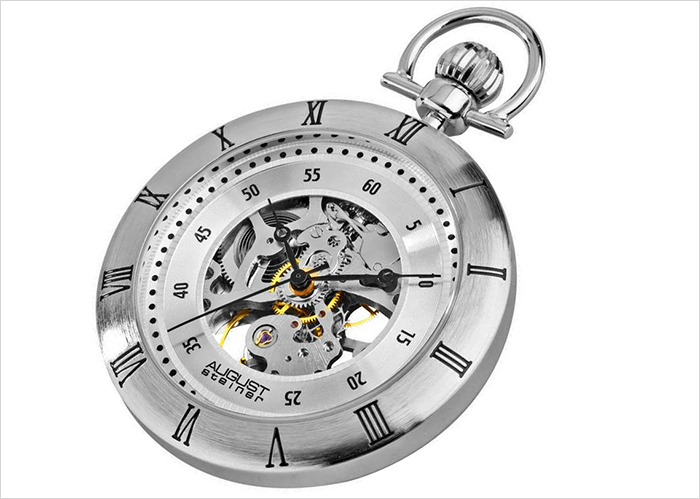
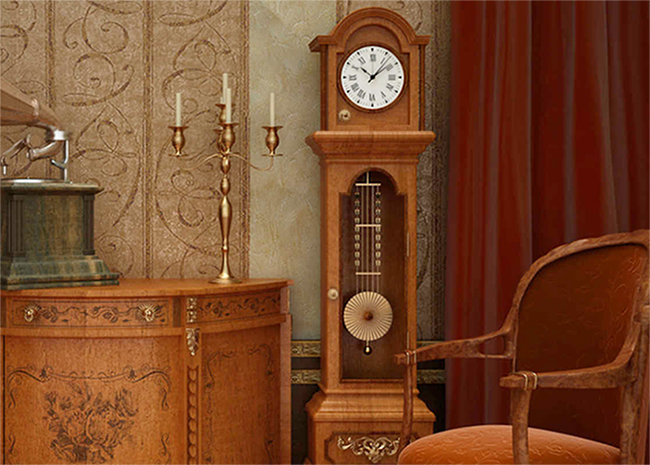
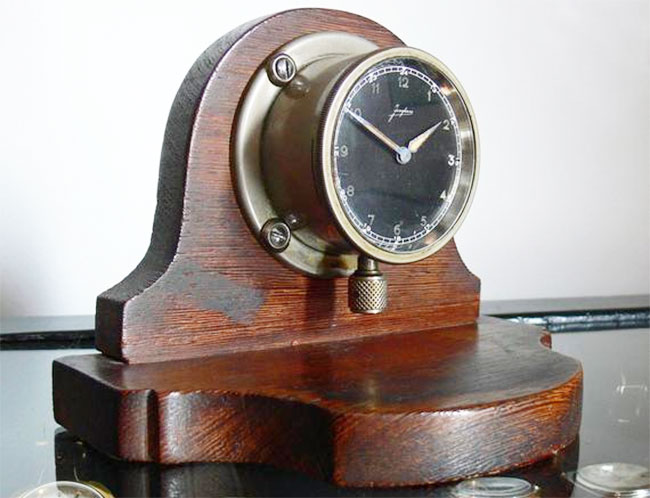
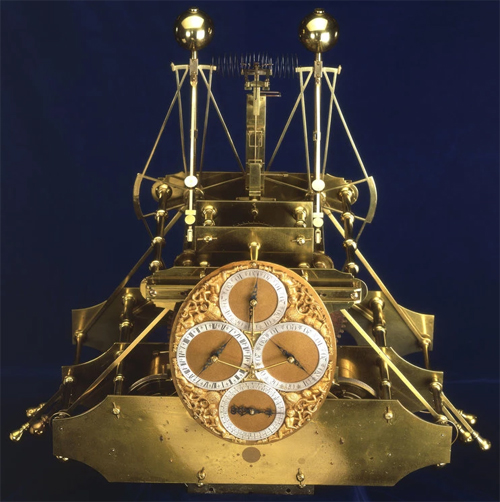
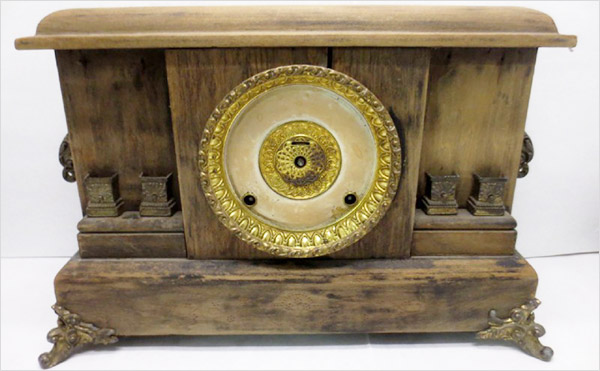

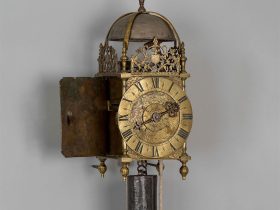


Leave a Reply